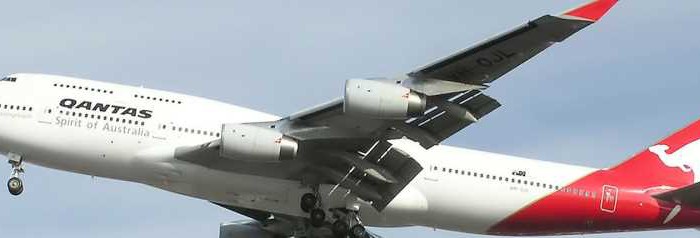The Australian Federal Government has introduced a new Temporary Activity visa framework which will replace the current regime in relation to applying for temporary work, training and research, entertainment and Superyacht Crew visas.
The new system is intended to simplify the temporary work and activity framework and came into effect on 19 November 2016.
The following four Australian visa types will now apply to temporary activities:
- Temporary Work (Short Stay Specialist) (subclass 400) visa;
- Temporary Work (International Relations) (subclass 403) visa;
- Training (subclass 407) visa; and
- Temporary Activity (subclass 408) visa.
The new framework replaces the following visas, which applicants are no longer able to apply for:
- Temporary Work (Long Stay Activity) (subclass 401) visa;
- Training and Research (subclass 402) visa;
- Special Program (subclass 416) visa;
- Temporary Work (Entertainment) (subclass 420) visa; and
- Superyacht Crew (subclass 488) visa.
The Temporary Work (Short Stay Activity) (subclass 400) visa and Temporary Work (International Relations) (subclass 403) visa have also been restructured.
The general eligibility criteria for the new Temporary Activity visas are as follows:
1. Subclass 400 Temporary Work (Short Stay Specialist) visa
This visa is for people who want to come to Australia on a temporary basis to:
- undertake short-term, highly specialised, non-ongoing work
- in limited circumstances, participate in an activity or work relating to Australia’s interests.
2. Subclass 403 Temporary Work (International Relations) visa
This visa is for people who want to come to Australia on a temporary basis:
- in relation to a bilateral agreement
- to represent a foreign government or to teach a foreign language in an Australian school
- to undertake full-time domestic work for a diplomat
- as a person with statutory privileges and immunities
- to participate in the Seasonal Worker Programme.
3. Subclass 407 Training visa
This visa is for people who want to come to Australia on a temporary basis to undertake occupational training or participate in classroom based professional development activities.
4. Subclass 408 Temporary Activity visa
This visa is for people who want to come to Australia on a temporary basis to:
- work in the entertainment industry
- participate in non-ongoing cultural or social activities at the invitation of an Australian organisation
- observe or participate as an academic in a research project
- undertake full-time religious work
- participate in a special programme to enhance international relations and cultural exchange
- participate in high-level sports (including training)
- work in a skilled position under a staff exchange arrangement
- participate in an Australian government endorsed event
- work as a superyacht crew member
- undertake full-time domestic work in the household of certain senior foreign executives.
Sponsorship under the New Temporary Activity Framework
A single sponsorship type (temporary activities sponsor) replaces the six previous sponsorship types (long stay activity, training and research, professional development, entertainment, special programme and superyacht crew). Sponsorship applications are now required to be lodged online.
For more information on applying for Temporary Activity visas, please feel free to contact us by email at info@hartmanlawyers.com.au or by telephone on +61 3 9021 0986.
Disclaimer:
The information on this website is intended only to provide a summary and general overview on relevant matters. It is not intended to be comprehensive nor does it constitute legal advice. You are advised to seek legal or other professional advice before acting or relying on any of the content contained in this website.




